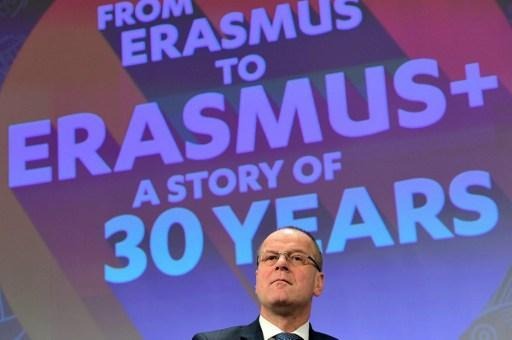With debates and online courses, the European Commission is declaring a digital turning point for its already successful Erasmus+ programme. The Commission is hoping to involve at least 25,000 youngsters from Europe and the Mediterranean Basin in these “virtual Erasmus” programmes.
The new “Erasmus+ virtual exchanges” project is aimed at youngsters aged 18 to 25 years participating in the Erasmus+ programme, as well as those in Algeria, Egypt, Israel, Jordan, Lebanon, Libya, Morocco, the Palestinian territories, Syria and Tunisia. The European Commissioner for Education, Tibor Navracsics, states, “The programme will enable bridge-building, assist in developing skills linked to the critical mind and media education and develop teamwork.”
The new programme will bring together youngsters, facilitators, students and universities from approximately 40 countries for debates, transnational group projects and open courses. Participants will, for example, be able to meet online once a week to discuss subjects, such as economic trends or climate change.
Tibor Navracsics says that the project is arousing major interest among universities and youth organisations. Thus some 50 partnerships have already been concluded and 40 people are currently trained to lead and chair debates. A pilot study has been launched up to the end of the year, set to involve at least 8,000 youngsters. The aim is to extend the project until the end of 2019, by broadening it to 17,000 participants.
The Erasmus+ programme supports learning mobility between the European Union and its southern neighbours. Since 2015, more than 1,000 projects have been financed to this end.
The Brussels Times

